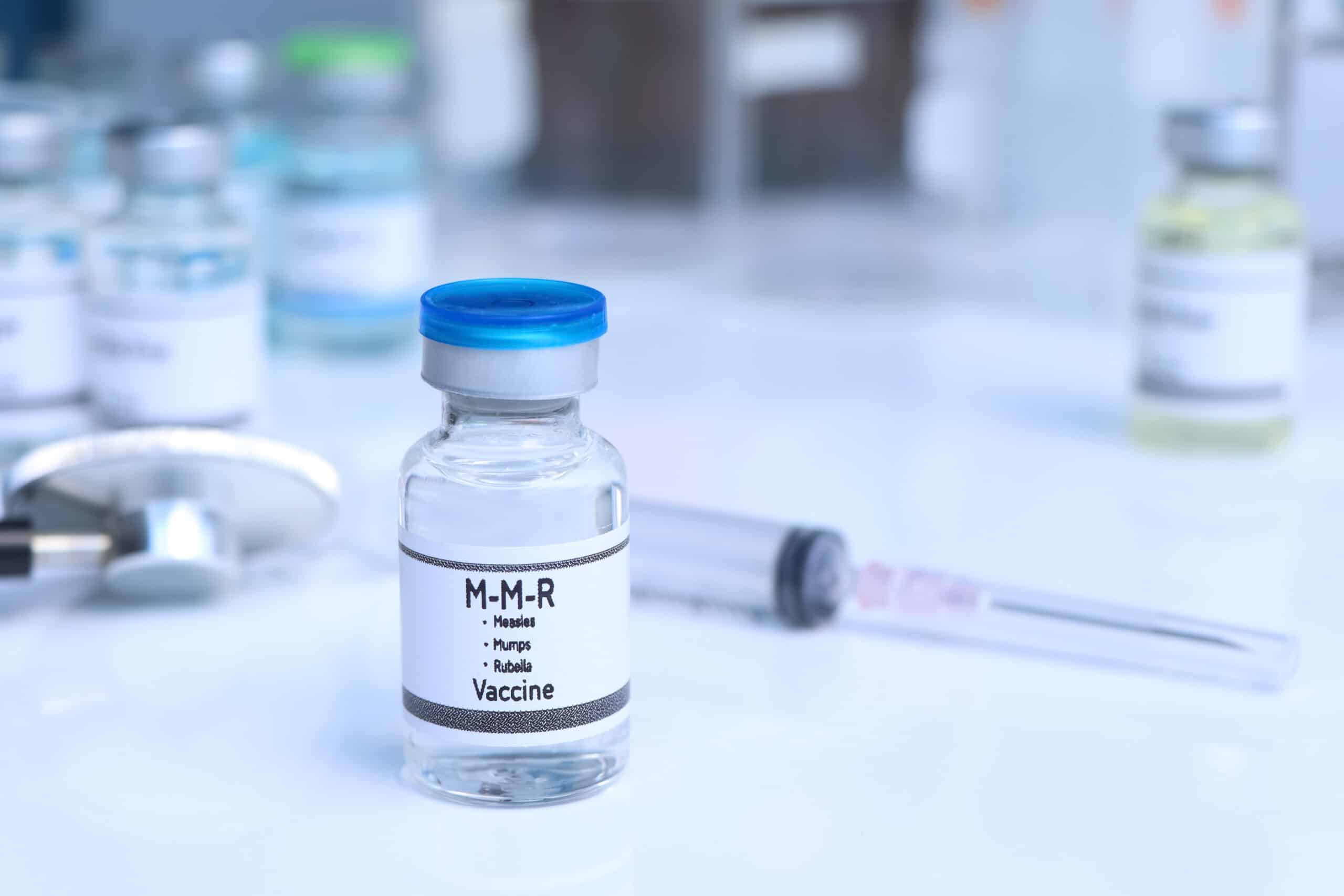Two weeks ago, the FDA authorized a second Covid-19 booster for people of ages 50 and older. This authorization was based on retrospective data in people ages 60 and older from Israel showing that people who received a 2nd booster had a lower Covid-related death rate than those who had only received one booster during Israel’s January Omicron wave. The study included over 500,000 people, about half of whom had a 2nd booster. The actual numbers were 1 death per 1012 people in the group who received one booster, compared with 1 in 3570 people in the group who had received two boosters. As the group who chose to have a second booster tended to be older, the adjusted risk of death was reported to be 1/5 as likely in the 2 booster group compared to the other. The CDC has since updated their guidance with a lukewarm statement that “adults ages 50 years and older may choose to receive a second booster… at least 4 months after the first booster dose.”
In addition, people ages 12 and older who are moderately immunocompromised may also choose a second booster.
Currently, we are seeing low case numbers both nationally and locally. There is, however, a small uptick in cases happening in the East Coast due to the Omicron subvariant BA.2. There is not yet any increase in hospitalizations. It’s not known if this will lead to any significant wave in the future, or if it will just be a ripple.
We’ve been asked what our recommendation is regarding getting a second booster. It does appear that it offers increased protection against the Covid-19 virus. I believe that the science continues to show that these vaccines are safe. Given that someone who has had three vaccine doses already has significant protection, the added benefit with a 4th dose is small. In the end, we are balancing a small benefit against a very, very small risk of the vaccine. I think that the benefits outweigh the risks, and I would recommend it to people who are at higher risk (older, or with medical conditions.) It’s hard to say, however, that a person who already has 3 doses “needs” to have a 2nd booster, so I agree with the FDA and the CDC’s wording of “may choose.”
Is it worth checking antibody levels to see if a person needs another booster? The short answer to this is no, not for people with normally functioning immune systems. Antibody levels are only one part of the protection we have against infection. It doesn’t make sense for our bodies to continuously produce high antibody levels against every infection or foreign protein or allergen that we’ve been exposed to. For this reason, we have a system of memory immune cells, that can recognize an infection, and ramp up antibody production at the time that it’s needed. I would trust in our bodies immune systems. The booster ‘recommendation’ is based on real world data, with patient-based outcomes (hospitalizations, deaths, etc) rather than lab based measurements (like antibody levels,) as this data takes into account the whole immune system, and how it actually performed, rather than the measurement of just one part.
If someone wants to get a booster now, there is currently good supply at local pharmacies. We are also periodically vaccinating our members in our office; however our timing is limited by the need use a whole vial within 12 hours of opening. Please contact us if you’d like more information on how you can schedule a booster either with us or with a local pharmacy.
We still do not know how the tail end of this pandemic will look. It does appear that we are transitioning into a time when Covid-19 will mostly be the cause of an annoying upper respiratory infection or flu-like illness, and that severe cases will be rare. We don’t know yet whether or not there will be a recommendation for periodic boosters.
Wishing everyone health and happiness,
Warm regards from your team at Peninsula Doctor,
Ian Kroes MD and David Hiroshima MD
Should you get a second covid booster by Peninsula Doctor Medical Team



